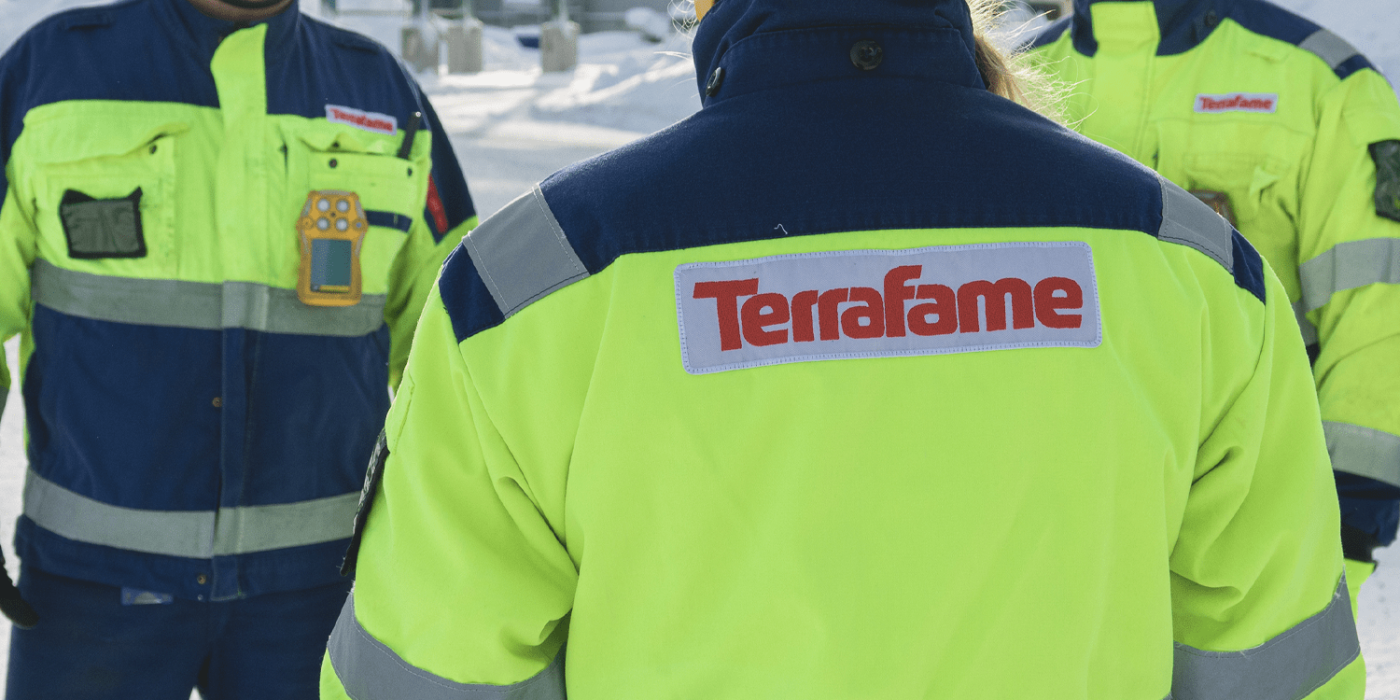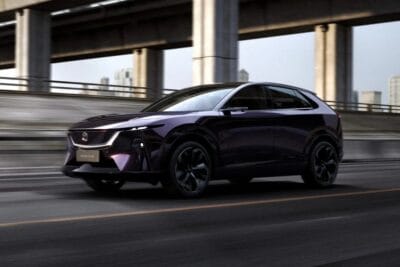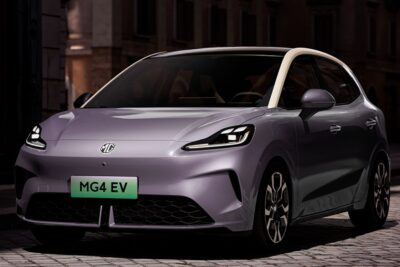Stellantis secures nickel in Finland
Car company Stellantis and Finnish state-owned mining company Terrafame have signed a supply agreement for nickel sulfate to be used in batteries for electric cars. Starting in 2025, Terrafame will supply nickel sulfate to Stellantis during the five-year term of the agreement.
The companies have not disclosed the quantity of nickel targeted. Terrafame operates one of the world’s largest battery chemistry plants for electric vehicle batteries in Finland. Terrafame also supplies Renault with nickel.
The Finnish company says it has a fully integrated production process that starts at its own mine and ends with refining into battery-grade materials at an industrial site. This means that production is fully traceable. This also gives full control over CO2 emissions, which the company says are among the smallest in the industry due to its unique production technology.
“Cooperation with industry leaders such as Stellantis fortifies the position of Terrafame as an important partner of battery chemicals for the European automotive industry,” said Terrafame CEO Joni Lukkaroinen. “In these challenging times, there clearly is a strong demand for sustainably and transparently produced battery chemicals that are made in Europe, for Europe. We are proud to be doing our part in decarbonising European mobility and increasing the efficiencies of the European automotive industry.”
The Russian invasion of Ukraine and correspondingly globally worsening relations with Russia and many countries in the world have not only put pressure on fossil fuel industries; in 2021, Russia was supplying over 10 per cent of the world’s nickel. The deal in Finland may or may not supersede the options Stellantis secured for nickel in Australia, where in October 2022, Stellantis signed a still non-binding agreement with GME Resources for the purchase of nickel and cobalt sulfate from the NiWest project in Western Australia.
“This agreement is part of the key raw material sourcing to fit with our electrified vehicle battery pack needs,” said Stellantis CEO Carlos Tavares. “We continue to build a new global value chain with Class A partners to support our global strategy and propel our commitment to be the industry champion in climate change mitigation, becoming carbon net zero by 2038, ahead of our competition.”
As part of the “Dare Forward 2030” strategy devised under Tavares’ leadership, Stellantis has set itself the goal of all passenger car sales in Europe being purely electric in the target year 2030. In the US, the BEV share in the sales mix of passenger cars and light commercial vehicles (which includes pickups) is to be 50 per cent.




